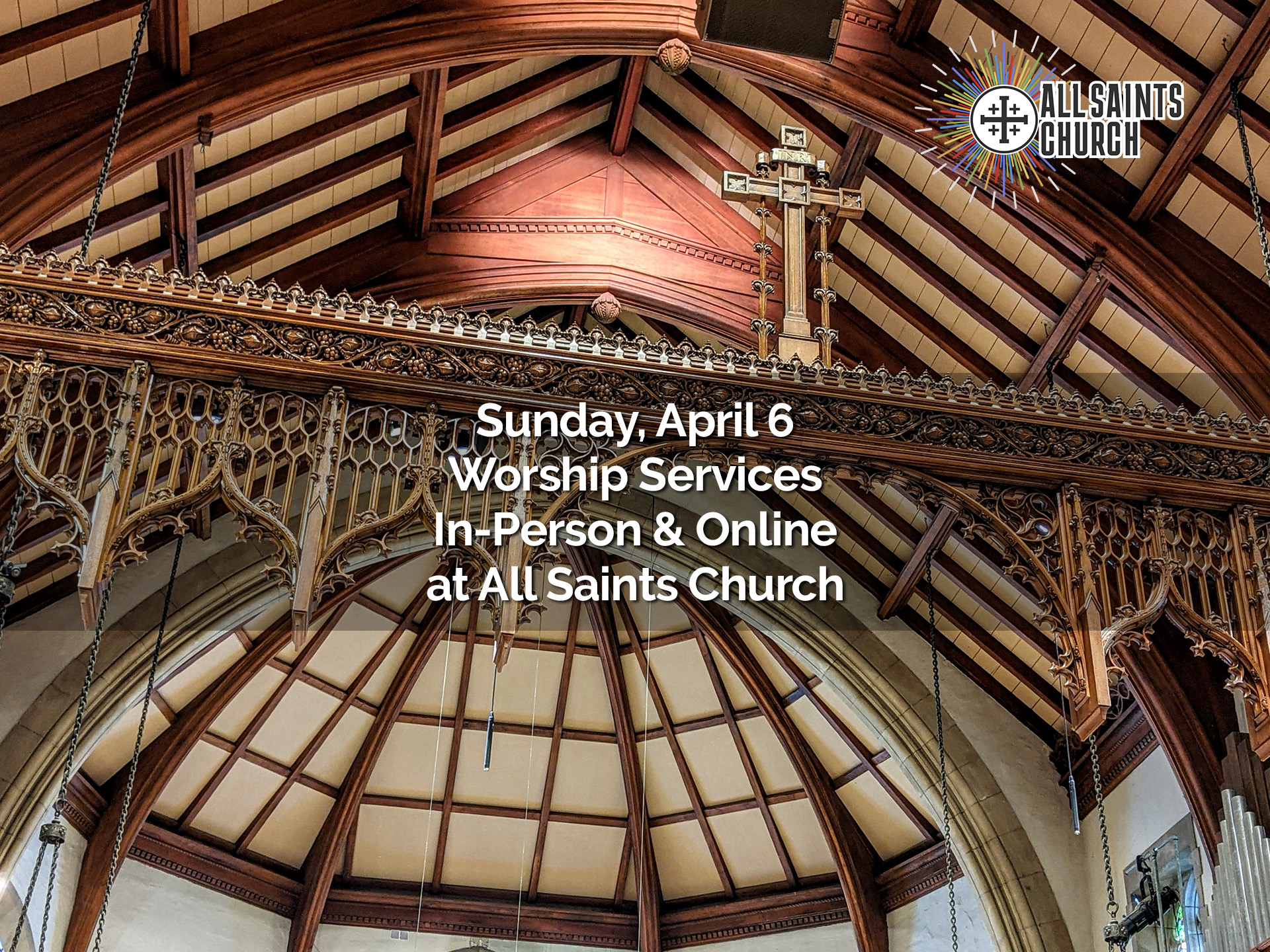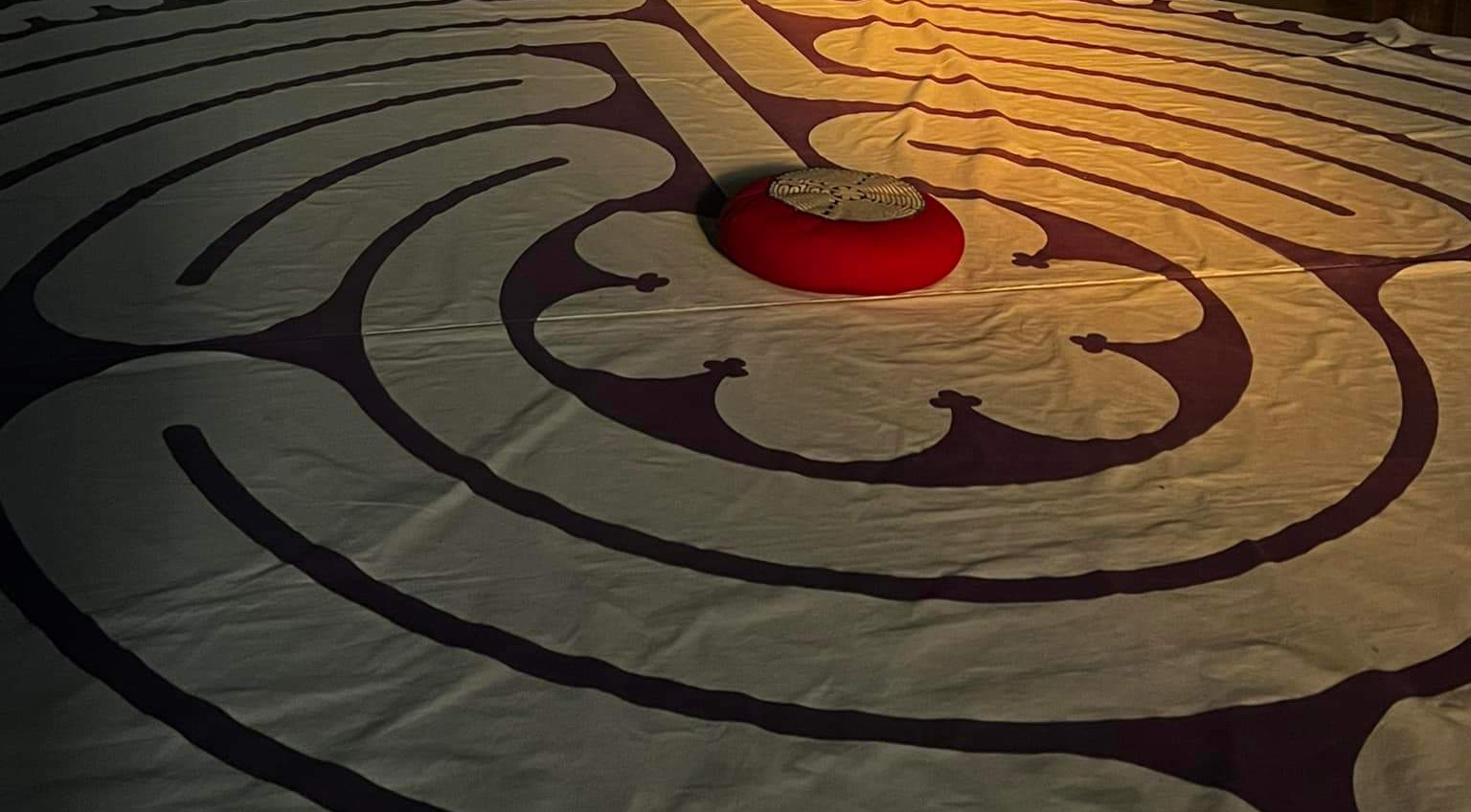The Gospel isn’t meant to be gulped down on Sunday morning, but gnawed on through the week so it really becomes a part of us. You’ve got to work at it, like a dog with a good bone! Here’s the Gospel for this coming Sunday — the Eighteenth Sunday After Pentecost — with food for thought about what makes us fully alive. Gnaw away!
Eighteenth Sunday After Pentecost – Luke 17:11-19
On the journey to Jerusalem, Jesus passed along the borders of Samaria and Galilee. As Jesus was entering a village, ten people with leprosy met him. Keeping their distance, they raised their voices and said, “Jesus, Rabbi, have pity on us!”
When Jesus saw them, he responded, “Go and show yourselves to the priests.”
As they were going, they were healed. One of them, realizing what had happened, came back praising God in a loud voice, then fell down at the feet of Jesus and spoke his praises. The individual was a Samaritan.
Jesus replied, “Weren’t all ten made whole? Where are the other nine? Was there no one to return and give thanks except this foreigner?” Then Jesus said to the Samaritan, “Stand up and go your way; your faith has saved you.”
The Backstory – What’s Going On Here?
Last week, Jesus talks about the power of faith/trust. Even a little bit of faith has the power to do amazing things. In the story of the “worthless slave,” he also talks about not having a sense of entitlement … how we are not owed anything because of our station in life or how hard we have worked. This passage follows immediately on that story, and (as Jesus is wont to do in Luke), he demonstrates that the person of the lowest possible station, the person who would not only have the least value but would be the most offensive, is the one who embodies the truth Jesus brings. Someone who is not only a leper (unclean) but a Samaritan (even more unclean!) is the one who responds appropriately.
A few things to chew on:
*In this passage, Jesus shows us that not only should we not feel that we are owed anything by God, but that our response for what we have been given should be deep gratitude and “praising God with a loud voice.” The other nine who were made clean didn’t do anything actively wrong. In fact, they did exactly what Jesus told them to do. But the one whom Jesus lifts up as an example knew that it’s not just about doing what you’re told but to do it with joy and gratitude. To praise God in a loud voice for the great good that had happened in his life.
*Jesus isn’t just talking about physical healing here. The Greek word Luke that is translated “made well” really has a broader meaning of “made fully alive.” He also uses it in 7:50 where there is no physical healing but Jesus forgives the sins of the woman who washed his feet with her tears and dried them with her hair. He also uses it in 8:50 talking about the child he raised from the dead. In all three cases, he links faith/trust to being made fully alive. Trusting in Christ is what makes us fully alive, and that can manifest itself in many ways, including, but not limited to physical healing.
Try This:
When have you felt most fully alive? Chances are, that’s also one of the moments that you felt most like giving thanks and shouting for joy. That’s not just an adrenaline rush we’re talking about … it’s about being deeply aware of what a gift life is, and even being humbled that it has been given to you. As the Body of Christ, we get to bring that out in each other. We get to guide each other into those places where we cast fear aside and become fully alive? What can you do this week that will make you — or someone else — feel fully alive? How can you express your gratitude and praise God when that happens?
No Man’s Land
“On the journey to Jerusalem, Jesus passed along the borders of Samaria and Galilee.”
Jesus is traveling toward Jerusalem. That’s to be expected. Jerusalem is the seat of power. Jerusalem is where the action is. If Jesus is going to make a stand, Jerusalem is center stage.
But look at the route Jesus takes.
Luke tells us that Jesus travels “through the region between Samaria and Galilee.” It is an in-between place, disputed territory between two peoples that despise each other. Nobody claims it … probably because they don’t want an absolute border that would have them touching each other. It’s a first-century DMZ.
It is No Man’s Land. Land claimed by nobody. And the people who live there are not claimed by anybody either — 10 lepers — coming out of a village that is so discarded that the people in it apparently don’t care that there are lepers hanging out in it.
We are drawn to choosing sides — and once we do to making sure our side wins and the other side loses. It is this kind of attitude that has polarized our nation on almost every issue and has ground our government to a near-complete standstill. And plenty of the most vulnerable among us are caught in the middle.
And yet, here we see Jesus doing something different. Here we see Jesus performing wonders and transforming the lives not of people who are entrenched on either side — in Samaria or Galilee — but in the land in between.
Here we see Jesus standing in the breach and identifying with — and even lauding — not the main parties in the side-taking, but the people who are pretty much the collateral damage of it. Those cast away into No Man’s Land.
In our polarized world, Jesus certainly has something to say in the halls of power. Jerusalem still plays its role. But what this Gospel reading reminds us is that the journey there isn’t about picking the winning side. It’s about walking with — and learning from — the people who are often the casualties of the game.



